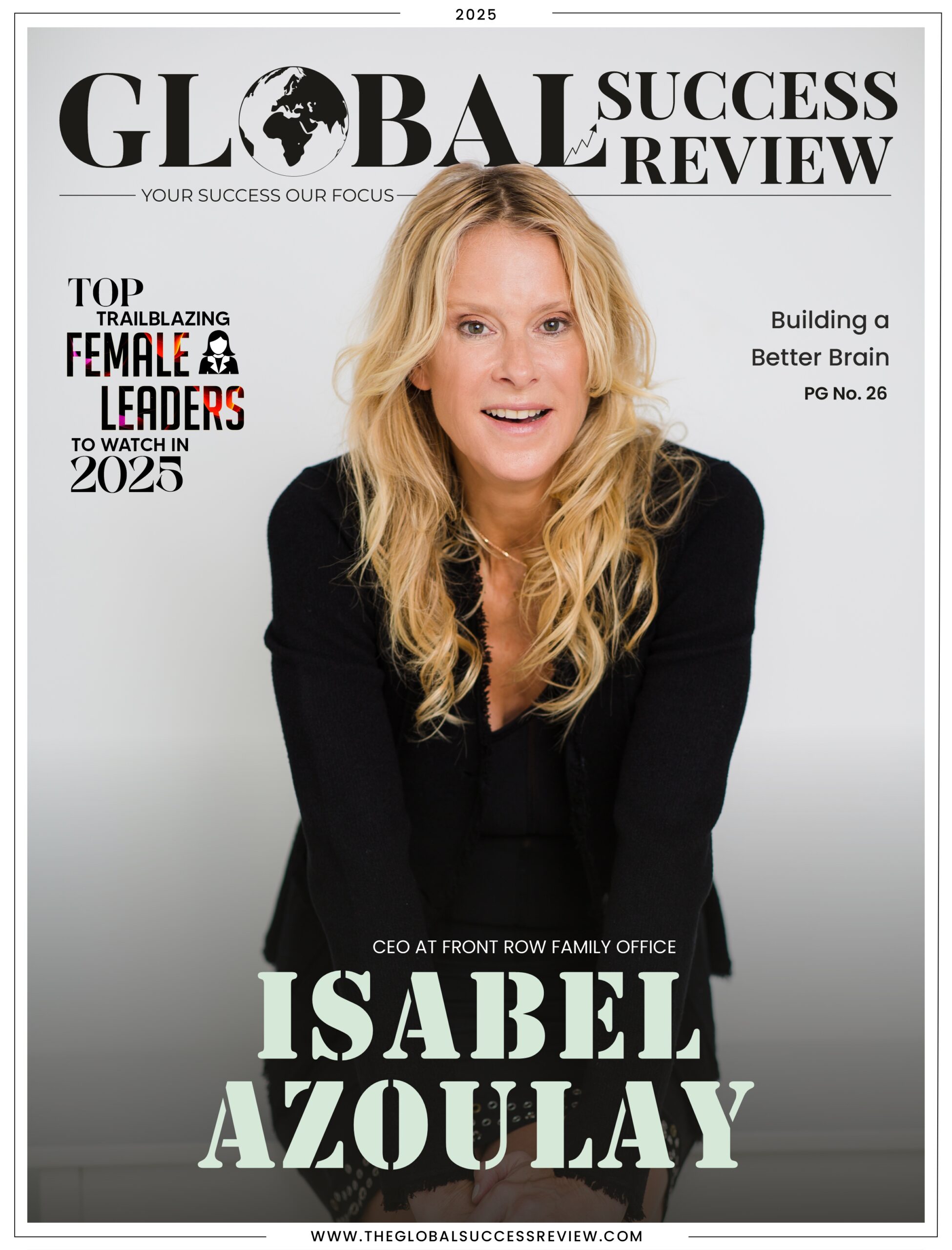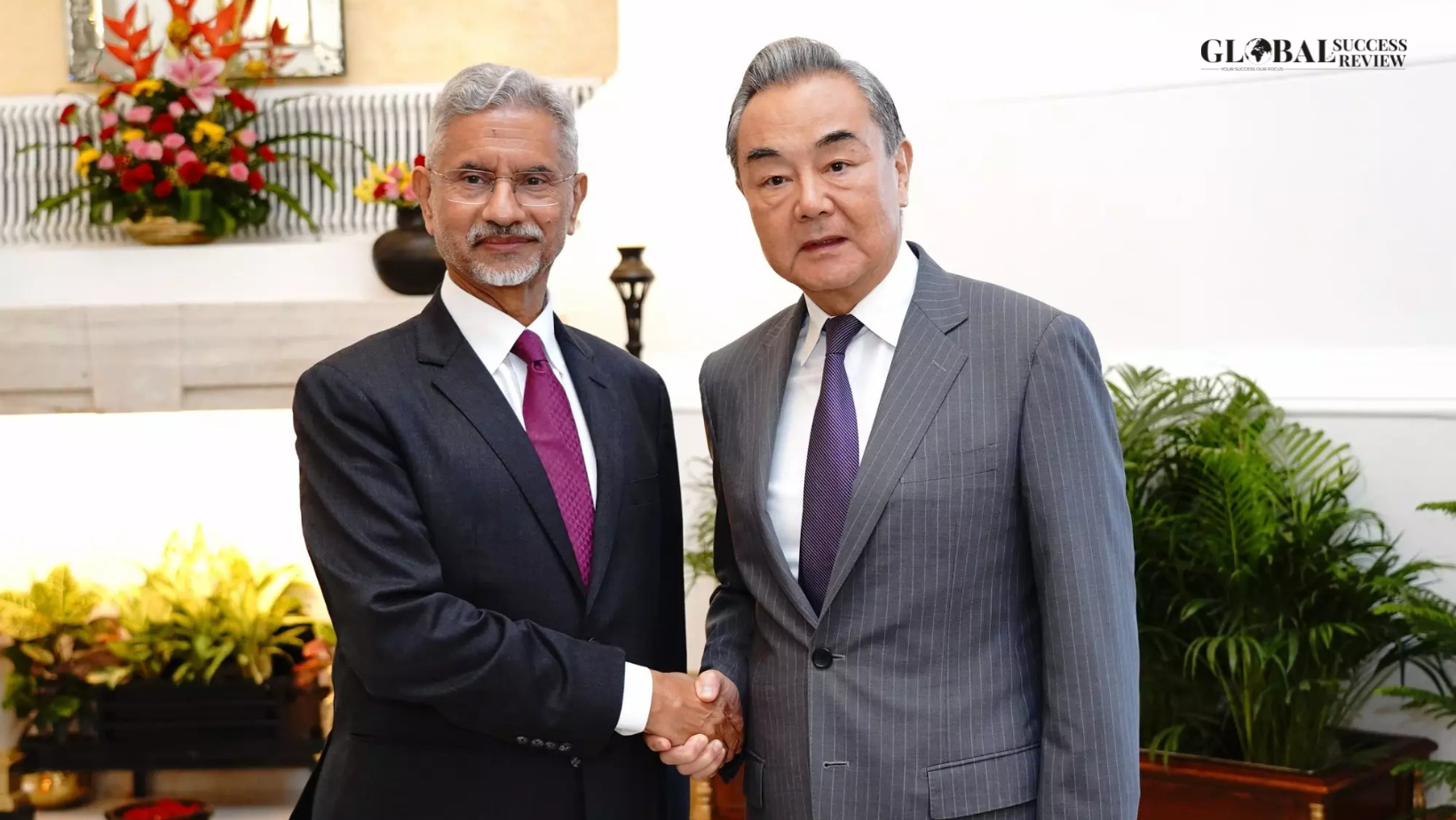In today’s fast-paced business world, effective teamwork is essential for an organization’s growth and success. However, fostering teamwork is not just about bringing people together; it’s about creating an environment where collaboration is nurtured, skills are leveraged, and shared goals are prioritized. Human Resources (HR) plays a pivotal role in driving this culture of teamwork. By aligning HR strategies with team-building efforts, organizations can unlock greater potential from their workforce and achieve higher levels of productivity and morale.
The Role of HR in Fostering Teamwork
HR is not only responsible for hiring the right people but also for shaping the organization’s culture. They are the architects of a company’s work environment, and their influence extends far beyond administrative functions. When it comes to teamwork, HR sets the tone for how employees interact with one another, how conflicts are resolved, and how collaboration is encouraged.
One of the first steps HR can take is to recruit individuals who have the right interpersonal skills and values that align with the company’s culture. Effective team players should demonstrate empathy, active listening, adaptability, and a collaborative mindset. By hiring with a focus on these qualities, HR ensures that teams are composed of individuals who are not only skilled but also capable of working together harmoniously.
Furthermore, HR can design training programs that promote teamwork skills. These programs can include conflict resolution workshops, team-building activities, communication workshops, and leadership training. These initiatives not only enhance individuals’ skills but also equip teams with the tools they need to work efficiently and harmoniously, regardless of their diverse backgrounds or work styles.
Creating a Supportive Work Environment
A significant aspect of fostering teamwork is creating an environment where collaboration is encouraged, and individual contributions are recognized. HR plays a crucial role in ensuring that the workplace promotes these ideals. This includes ensuring open channels of communication and transparency between team members and management.
HR can implement regular team meetings and feedback sessions where employees feel safe expressing their ideas and concerns. These meetings offer an opportunity for team members to discuss challenges, celebrate achievements, and brainstorm solutions. Additionally, HR can introduce initiatives like peer recognition programs, where colleagues can acknowledge each other’s contributions, fostering a sense of belonging and mutual respect within teams.
HR must also ensure that the team’s resources and tools are up to date and aligned with the needs of the group. Whether it’s providing collaboration software, access to training materials, or maintaining a comfortable workspace, HR ensures that employees have what they need to do their jobs effectively. Moreover, HR can advocate for a work-life balance by promoting flexible working hours, remote working opportunities, and wellness programs. A happy and healthy workforce is more likely to work well together and perform at its best.
Managing Diversity in Teams
In any modern workplace, teams are often composed of individuals from diverse backgrounds. Managing diversity effectively is key to harnessing the full potential of a team. HR plays a central role in promoting inclusion and ensuring that all employees feel respected and valued, regardless of their differences.
To manage diversity within teams, HR can implement inclusion training programs, raise awareness about unconscious biases, and ensure that the company’s policies reflect a commitment to diversity. By actively promoting diversity, HR can help teams leverage the varied perspectives, skills, and experiences that each individual brings to the table. This approach not only strengthens teamwork but also drives innovation, as diverse teams are often more creative and better equipped to solve complex problems.
Conflict Resolution and Problem-Solving
No team is without its challenges. Disagreements and conflicts are a natural part of any collaborative effort. However, how these conflicts are handled can either make or break a team. HR’s role in conflict resolution is to mediate and ensure that conflicts are resolved in a constructive manner that doesn’t disrupt the team’s dynamic.
HR can provide employees with the tools and strategies needed to handle disagreements professionally. By implementing conflict resolution workshops and offering mediation services, HR can help teams navigate disputes without letting them affect their productivity. Moreover, HR can teach teams how to approach problems together, encouraging them to view challenges as opportunities to collaborate and strengthen their bond.
The Importance of Leadership Support
Finally, HR’s efforts to build effective teamwork are supported by leadership. Managers and team leaders must actively promote the principles of teamwork by leading by example. They should be approachable, communicative, and open to feedback. When leaders embody teamwork and collaboration, it sets the tone for the rest of the team.
HR can work with leadership to ensure that team leaders receive the training they need to foster a positive team environment. Leaders who understand the importance of teamwork and how to nurture it within their teams are invaluable assets to the organization.
Conclusion
In conclusion, teamwork is at the heart of organizational success, and HR plays a vital role in nurturing a collaborative and supportive work environment. By focusing on recruiting the right people, providing training and resources, managing diversity, resolving conflicts, and supporting leadership, HR can build a culture of teamwork that drives performance and innovation. The strength of any organization lies in its people, and when those people work together effectively, the potential for success is limitless.



















